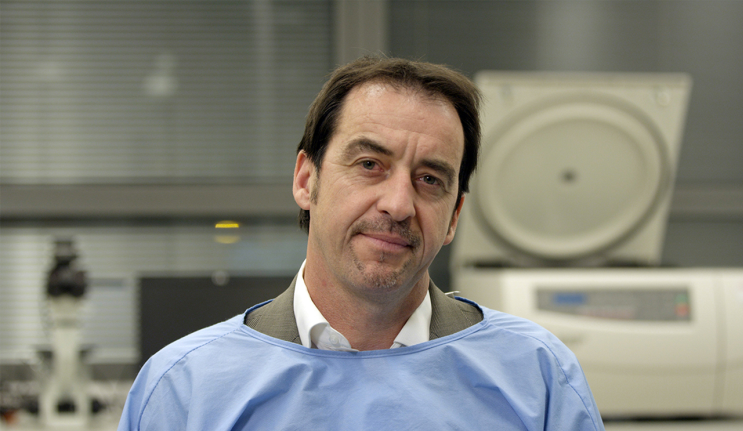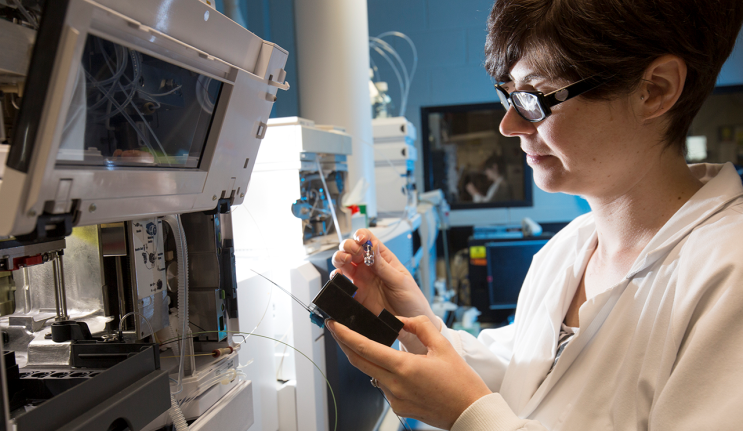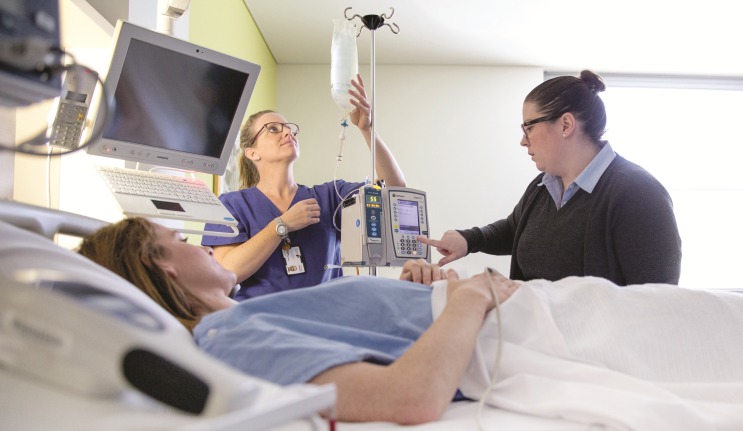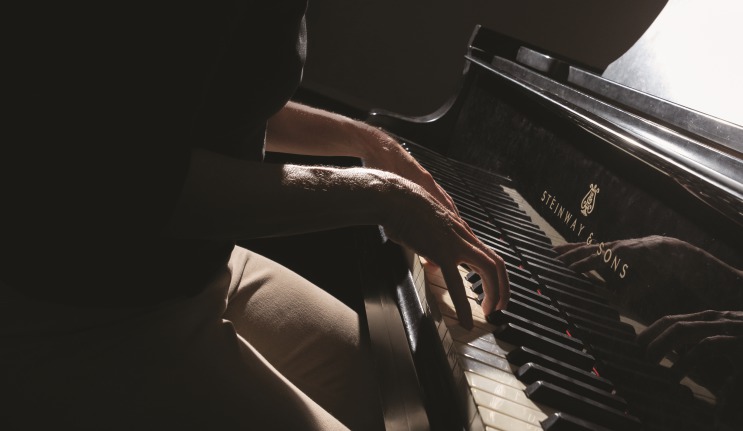- Home » Health/Medicine/Wellbeing (Page 8)
Health/Medicine/Wellbeing

Key identifier for suicide risk discovered
An international collaboration between researchers at Macquarie University, the United States and Sweden has identified a molecule in the blood that could hold the key to identifying the cause of suicide. “We have known for a long time that people who attempt suicide have markers of chronic inflammation in their blood and spinal fluid. Commonly used antidepressants have only limited effec...

Macquarie partners with US Cancer Moonshot initiative
Macquarie University has signed a Memoranda of Understanding (MOU) with the prestigious US National Cancer Institute to help drive further momentum into critical cancer research. As part of the US Cancer Moonshot initiative Macquarie University will contribute its first-class proteomics research into melanoma and colorectal cancer that particularly impact Australians, with expansion into ot...

It takes two minutes to change your body
It takes two minutes to change your perception of body size, a new Macquarie study suggests. Directed by lead author Associate Professor Kevin Brooks, researchers explored how the perceptual mechanisms in a person’s brain adapt in response to images of one’s own or other people’s bodies by asking participants to give their opinions about body images that had been manipulated to look t...

The value of health information
Over the last decade, both state and federal governments have pursued greater knowledge and information around public service delivery, with the intent of improving performance and increasing efficiency and equity. There is no better example than the MyHospitals website, which provides performance information on key public hospital outcomes, such as financial performance, waiting times and ...

In memory of memory
Music occupies a special place in our hearts and in our memories; so much so that it is being explored as a tool to help people who have lost their map to the past and their ability to remember. Macquarie University researchers Dr Amee Baird and Professor Bill Thompson are looking at how music might be used in individuals with dementia, not only to help reduce stress and anxiety, but also t...

For the love of hearing, turn the volume down
“You wouldn’t stare into a laser for four hours, because you know it would permanently damage your sight, so why do people think it’s okay to risk permanent hearing loss by attending loud music concerts and sports events?” asks Professor David McAlpine, Professor of Hearing, Language and the Brain and Director of Hearing Research at Macquarie. “Saying you were deaf for a week afte...